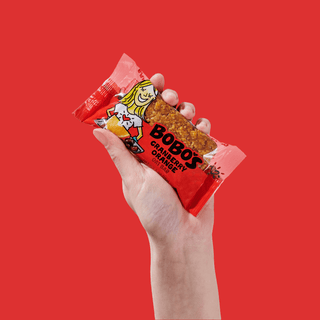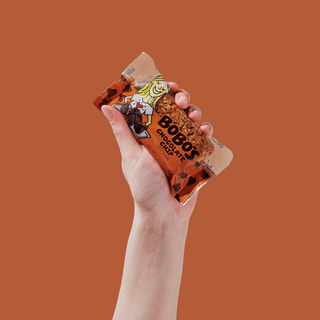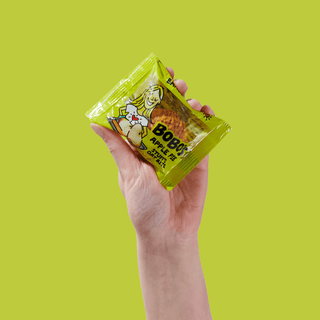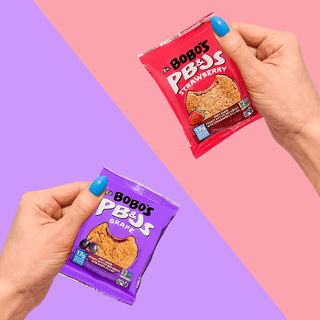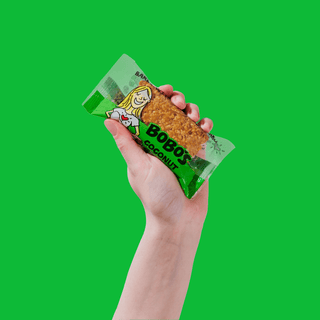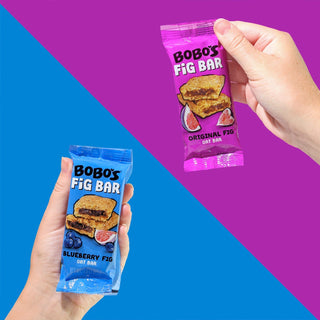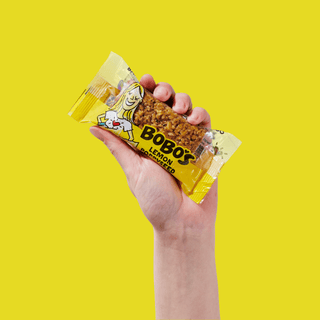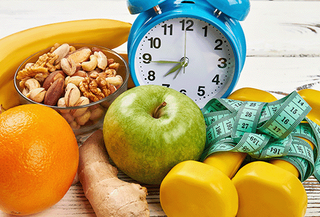When it comes to health and well-being, you probably know how important it is to maintain a nutritious, balanced diet and get enough quality sleep. But, what you may not realize is how much those food choices impact the sleep we're getting – it can be quite a bit. This is because our circadian rhythms (the body's internal clock) help to regulate metabolism and sleep. Our gut microbiota, which changes based on diet, also helps in sleep regulation. While no one food will instantly put you in the deep sleep you might be lacking, paying attention to which foods contain nutrients that help your body get to and stay rested can make a huge difference.
Keep reading to learn about the best foods for sleep.
Foods for Better Sleep
There's a wide range of effects that certain foods will have on our bodies, some impacting our sleep in just the right ways. Here's a list of some of the more common foods for sleep and what makes them so beneficial.
Oats
The health benefits of oats are enough reason to add them to your diet. But, whole grains like oats – whether in tasty oat bars, cookies, or porridge – can also help you fall asleep. They not only help create insulin which facilitates tryptophan (a sleep-inducing amino acid) processing, but they also produce serotonin, which relaxes our nerves and cues the brain that it's sleep time. Oats are also a natural melatonin source, which relaxes the body. This, along with their carbohydrates, can make you feel full and tired.
Honey
Honey helps us sleep thanks to the glucose it contains, which lowers levels of orexin (a neurotransmitter that boosts alertness). A teaspoon before bed replenishes the liver with glycogen which, instead of food, is what fuels our bodies throughout the night. As well, the natural sugars from tryptophan that are found in honey go through our bloodstream and brain, which produces serotonin that helps us to sleep.
Bananas
Bananas are chock-full of potassium, a mineral that's key to quality sleep. On top of this, the magnesium and tryptophan they contain act as natural sedatives as they contribute to melatonin and serotonin production. Bonus: since bananas will make you feel full quickly, they're a healthy way to curb any pre-bedtime hunger. You can get creative with tasty banana recipes, like this banana nice cream snack. And, if you've run out of fresh bananas (they don't last long!), you can always opt for tasty banana chocolate chip oat bars – perfect to keep on hand in the pantry.
Nuts and seeds
Like bananas, nuts and seeds boost the brain's serotonin levels as they're a great source of tryptophan and magnesium. Magnesium not only helps to regulate melatonin, but it engages our parasympathetic nervous system, both of which calm us down. That calm feeling puts us in a relaxed state, more likely to help us fall and stay asleep. Try almonds, cashews, walnuts, pumpkin seeds, sunflower seeds, flax seeds, and more. The great thing about them is their versatility – perfect in salads, bowls, baking, or simply on their own.
Tart cherry juice
Cherries have been found to boost sleep duration and quality, as they're high in melatonin and tryptophan, which helps the body produce even more melatonin. Just be sure you're choosing the tart kind without added sugar, for maximum benefit, and try drinking the juice in the evening, after a meal.
Kiwis
Because of the serotonin-boosting power of kiwis, the fruit is considered to be an effective sleep-promoter, helping people fall asleep quicker and sleep for longer periods. As well, kiwis offer anti-inflammatory antioxidants like carotenoids and vitamin C which can help with sleep quality.
Other great foods for sleep
Remember these other best foods for sleep (drinks too) that can be effective in helping to put you to sleep and keep you there for the night.
- Yogurt
- Beans and legumes like chickpeas
- Eggs
- Leafy greens
- Grapes
- Tea
- Milk
Foods to avoid before bed
Just as some foods are ideal to have before bed, others have the opposite effect on our bodies and can negatively impact a good night's sleep. Take a look.
Cheese
Thanks to its high amount of saturated fat, cheese is generally tough to digest – particularly hard cheeses like cheddar, swiss, and parmesan. When your digestive system is working hard, it's tough for the body to relax and fall asleep. So, cheese is something to avoid before bed.
Tomatoes
Tyramine is a brain-stimulating, sleep-delaying chemical found in foods like tomatoes. While this fruit we eat as a veggie offers plenty of benefits, you should enjoy it well before bedtime.
Foods high in sugar or sodium
When we have too much sugar at any time, our blood sugar levels spike and the resulting insulin created helps the body break down that sugar and turn it into energy. The problem is, if this energy occurs before turning in, we can become overstimulated and quite restless, or even wake up in the middle of the night. Sugar isn't the only culprit here. Too much sodium before bed can disrupt or delay our sleep, or lower its quality. This is partly because sodium raises fluid retention and blood pressure. As well, excess sodium can result in bloating from the water it causes our bodies to retain.
Other foods to avoid before sleep
In addition to the foods listed above, be sure to avoid the following foods and drinks before you turn in for the night.
- Celery
- White pasta and bread
- Spice
- Coffee
- Alcohol

